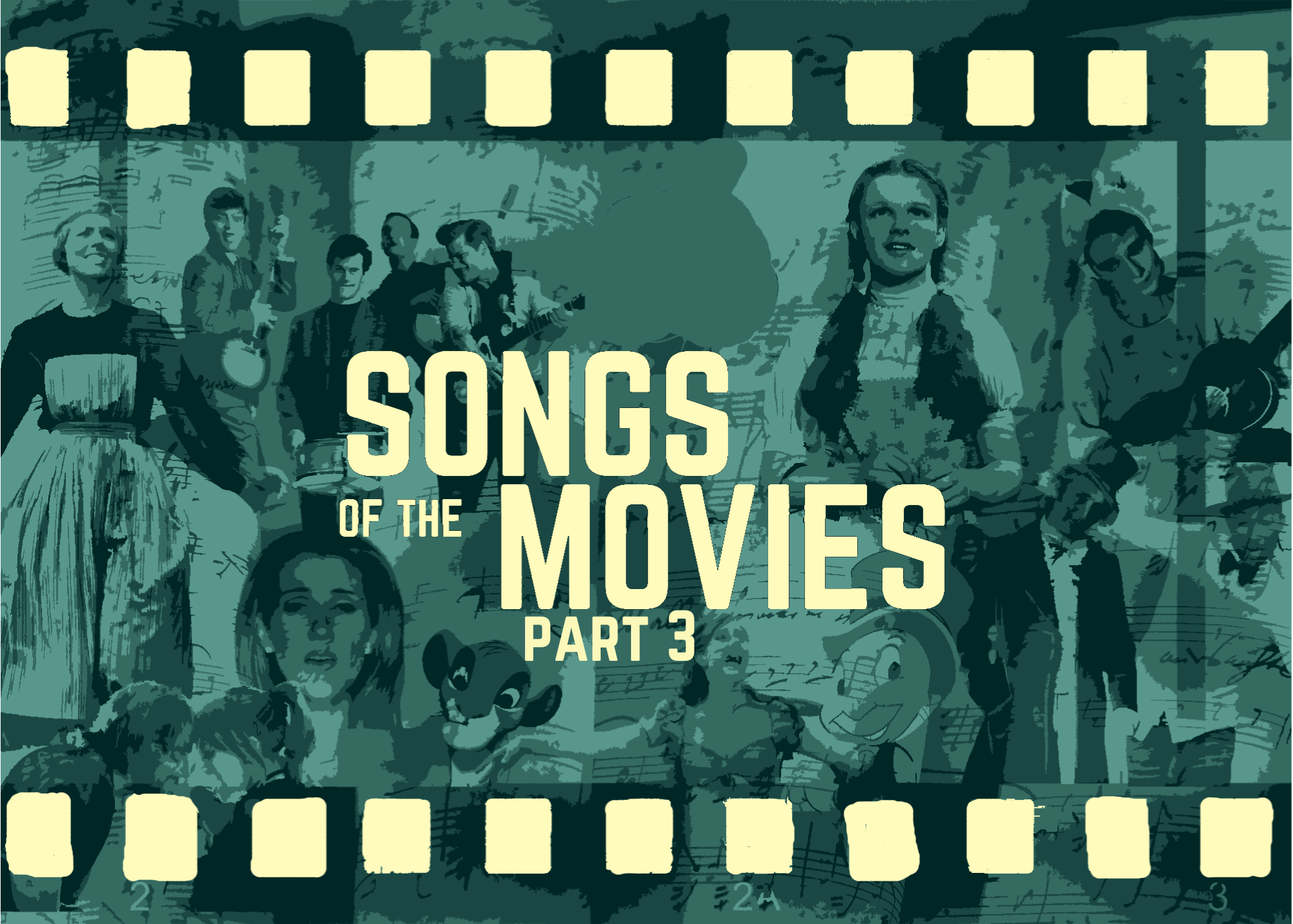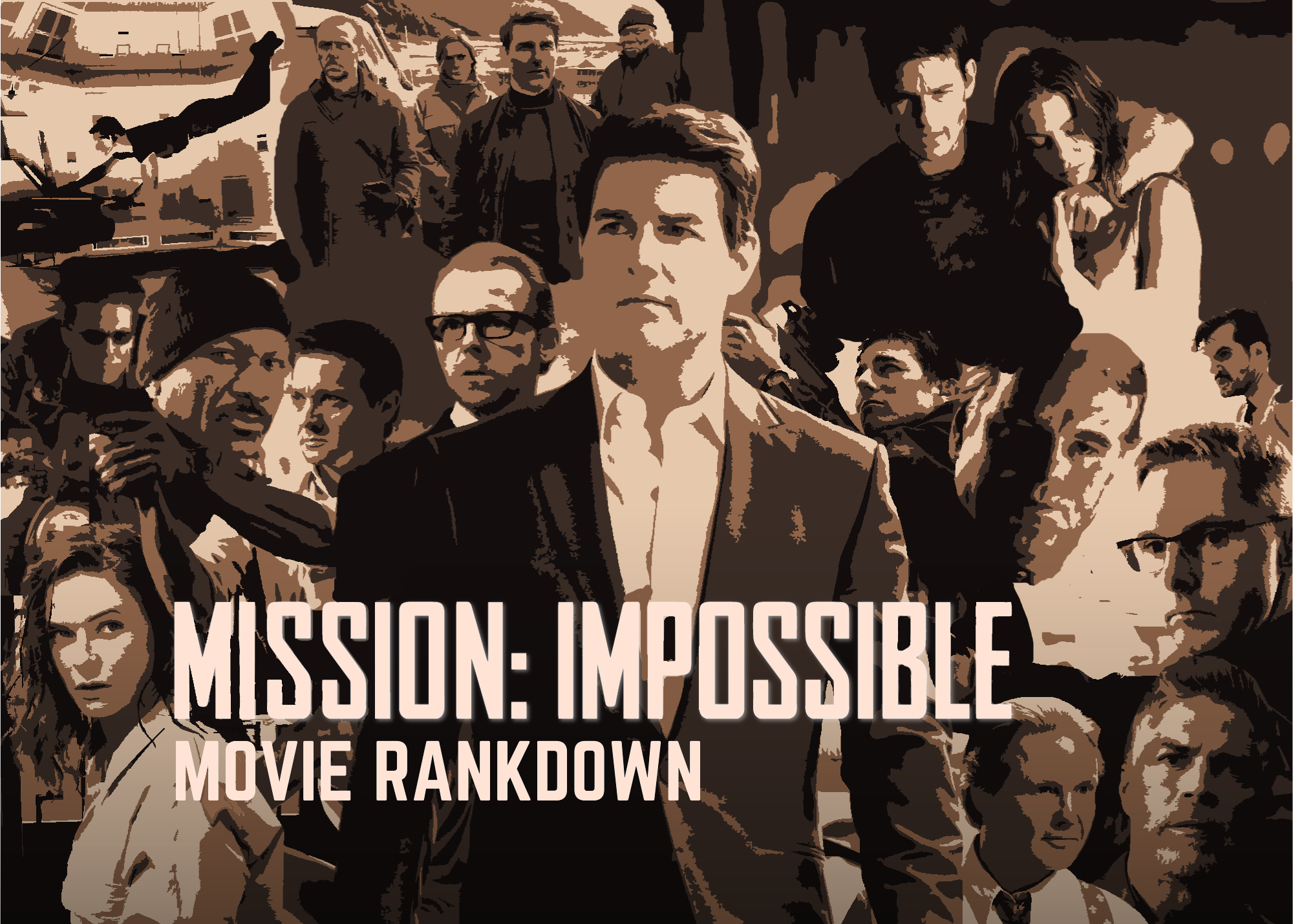"Better Man" Review: An Unnecessary Biopic About An Uninteresting Figure
Robbie Williams proves that not everybody needs a biopic.
Recent ReleaseOn October 23, 2006, Robbie Williams, having dominated the European music market for nearly a decade, released Rudebox. It was a bizarre blend of pop, electronica, and rap that deviated from what made Williams beloved. In many ways, he was the epitome of late ‘90s pop superstardom: his origins lay with a boy band; he swigged, snorted, and screwed his way across the world; he did things that any edgelord would adore, and (seemingly) gave zero fucks. Taking such a sharp turn felt off.
Reports vary regarding how committed Williams was to cracking America, but Rudebox seemed a transparent and ill-advised attempt to hop aboard the Timbaland train and ride it to further success. The album sold significantly worse than Williams’ previous efforts; after nearly a decade of dominance, his time in the limelight appeared over.
Coincidentally, it was that same year that Take That, from whom Williams was fired (or quit, depending on what day you ask Robbie) in 1995, teamed up after their 2005 documentary Take That: For the Record. Lead singer-songwriter Gary Barlow and backing vocalists Mark Owen, Howard Donald, and Jason Orange had experienced little success in the years following Take That’s dissolution. Barlow tried solo-dom, but he quickly faded and dedicated himself to songwriting. Owen won Celebrity Big Brother in 2002 but did little musically. Donald made an unreleased single, and Orange, well, who knew what Jason was ever doing?
Amazingly, the reunion was an unprecedented success, and the four-piece’s comeback album, Beautiful World, produced the smash hits “Patience” and “Shine” and drastically outsold Rudebox in the UK charts. The band followed with The Circus in 2008, which sold over 2 million copies in the UK, preceded a record-breaking tour, and notched the group’s 11th number-one single in “Greatest Day” while Williams' solo career floundered.
Color the world unsurprised in March 2009 when reports surfaced that Williams (after over a decade of repeatedly mocking the group) wanted a reunion.
It’s the foundational flaw at the heart of Better Man, the new biopic about Williams’ life where his human form gets replaced with an anthropomorphic chimpanzee. Although the documentary Take That: Look Back, Don’t Stare chronicled Robbie’s reunion with the group through the lens of corrosive external factors, essentially blaming those for the interpersonal conflicts with Williams and subsequent relationship fractures, the reality is that Robbie is Robbie, for better or worse. Williams described his decision to hop aboard the Take That Express as coincidental: it was the perfect time, and they “just so happened to be massive,” but it felt like a desperate bid to save his fledgling solo career.
It’s why, when the fully-reformed group won a BRIT Award for Best British Group in 2011, Williams took an alternate route to the stage while his bandmates walked in unison down the designated path and why he alone invoked the name of Shabba, the Jamaican singer who admonished Take That in the press nearly 20 years prior.
That attitude made Williams appealing in 1999, but we now recognize it as the type of self-consciousness that makes someone pompous and obnoxious instead of shy and sympathetic. It’s why he’s always felt less interesting than EMI begged us to believe. As such, his movie feels the same way.
The film’s bright spots are its showcases of Williams' most beloved tracks, reminding us how mighty a musical force he was in his prime. “She’s the One” is still a fantastic love ballad; “Rock DJ” is still the banger to end all bangers; “Angels” is, well, “Angels.”
Better Man's imagery in relaying these tracks is hit or miss: for every sensational “She’s the One” moonlit yacht dance (with admittedly too many dips) or flash mob “Rock DJ,” there’s an unfortunate reminder of Take That’s “I Found Heaven” or an on-the-nose Matrix-esque massacre to “Let Me Entertain You.”
Regardless, when the movie hits those high notes it soars because Williams is the same way. Sadly, that final example underlies what has always prevented him from being the musical act he believes himself to be and thus Better Man from becoming the film it theoretically could’ve been: Robbie isn’t original.
On the surface, he was always provocative and daring; who can forget the infamous “Rock DJ” music video that eventually sees him strip down to being a skeleton? But in reality, he was always a cheap knock-off, the limited edition marketed to seem prestigious and valuable but was simply a retread. The supposed “daring” wasn’t unaffected like Madonna’s. The mediocre singer with a magnetic stage presence was perfected by Mick Jagger. Even “She’s the One,” which Williams erroneously claimed to have written after the song’s release, is a copycat cover.
Better Man cannot be nearly as compelling as it imagines itself because its subject isn’t interesting, more someone who was scripted to seem interesting but lacked the substance to distinguish himself. It’s why Rudebox flopped, why he needed to leech his former bandmates' success to revitalize his own, and why, although tremendously successful and well-known throughout the world, he doesn’t carry the same nostalgic heft as many of his contemporaries or elicit the same cultural response as others of his ilk.
In Better Man, it's clear what many always knew: Robbie was always a self-conscious child begging for attention. Williams' relationship with his father may have been strained, but trauma creates responses, not personalities. Robbie would always have been arrogant and obnoxious. He always would've falsely attributed other people’s creative genius to himself, exploited the success of others to repair his fractured ego, and swigged, snorted, and screwed his way through his younger years. From Babe Ruth to Robbie and every version of this self-conscious man-child in between, it’s a tale as old as time, with each iteration proving dull. It's not interesting or anything to dissect. It’s not worth investing over two hours of your life in.
Yet, down the home stretch, something moving about Better Man hits at a core human ideal that proves occasionally troubling when we collectively defend a grown man who slept in his bed with little kids or excuse an adult who urinated on an underage girl, but can be vital when experienced justly. Whether you grew up with him in ‘90s England, suffered through your child having grown up with him in ‘90s England, drooled over him in Take That, or came across him during a British pop culture phase in your youth, Williams has meant a lot to a lot of people.
When he lets go of all the pomp and humanizes himself, Better Man is fiercely emotional. Even if it feels wholly undeserved, we feel joy for him reconciling his relationship with his opportunistic father. As he looks above at the end of“My Way” and expresses a heartfelt “I love you” to his dear departed grandmother, you cry. We don’t know Robbie, but he’s meant a great deal to us, and there’s something cathartic in seeing someone whose story we know so intimately find some closure amongst the madness he’s created for himself.
Does it make Better Man a great movie that it relies on an uncontrollable human principle to find emotional weight? No, but its paradoxical dependence on having zero notion of its central figure while relying on knowing everything about him, essentially bending entirely to his will until the final 10 minutes, makes it one of the most polarizing experiences a moviegoer will ever have. It’s the type of movie critics usually hate because critics love to hear themselves talk and adore even more taking staunch, extremist stances they can supplement with their endless parade of descriptors.
Alas, Better Man is, through and through, its protagonist. It’s not irreverent, despite its chimpanzee gimmick, which disarms viewers who know Robbie is only 50 years old and thus far from being due a biopic, screaming otherwise. It’s not genuinely original because Robbie himself is a Frankenstein imitation. It’s not particularly entertaining, which, in retrospect, is also the case with Robbie, who capitalized on the exact moment in time someone like him could’ve been popular and ran to high heaven with it.
It is, however, a thing that exists, much like Robbie, and both have their highs and lows, their peaks and valleys, their reasons for occupying a space in our mind, and just as many for exiting it as soon as the moment passes. Nothing more can be said: Better Man is a movie. It exists, captures the already well-documented life and mind of someone we thus didn’t need a movie about and then ends just like Robbie will one day.

55
Director - Michael Gracey
Studio - Paramount
Runtime - 135 minutes
Release Date - December 26, 2024
Cast:
Robbie Williams - Himself, Narrator
Jonno Davies - Robbie Williams (voice and motion capture)
Steve Pemberton - Peter Williams/Conway
Kate Mulvany - Janet Williams
Alison Steadman - Betty Williams
Raechelle Banno - Nicole Appleton
Damon Herriman - Nigel Martin-Smith
Tom Budge - Guy Chambers
Jake Simmance - Gary Barlow
Editor - Jeff Groth, Spencer Susser, Martin Connor, Lee Smith, & Patrick Correll
Screenplay - Simon Gleeson, Oliver Cole, & Michael Gracey
Cinematography - Erik A. Wilson
Score - Batu Sener

%20(13%20x%206%20in)%20(13%20x%204%20in).png)





































.png)






.png)